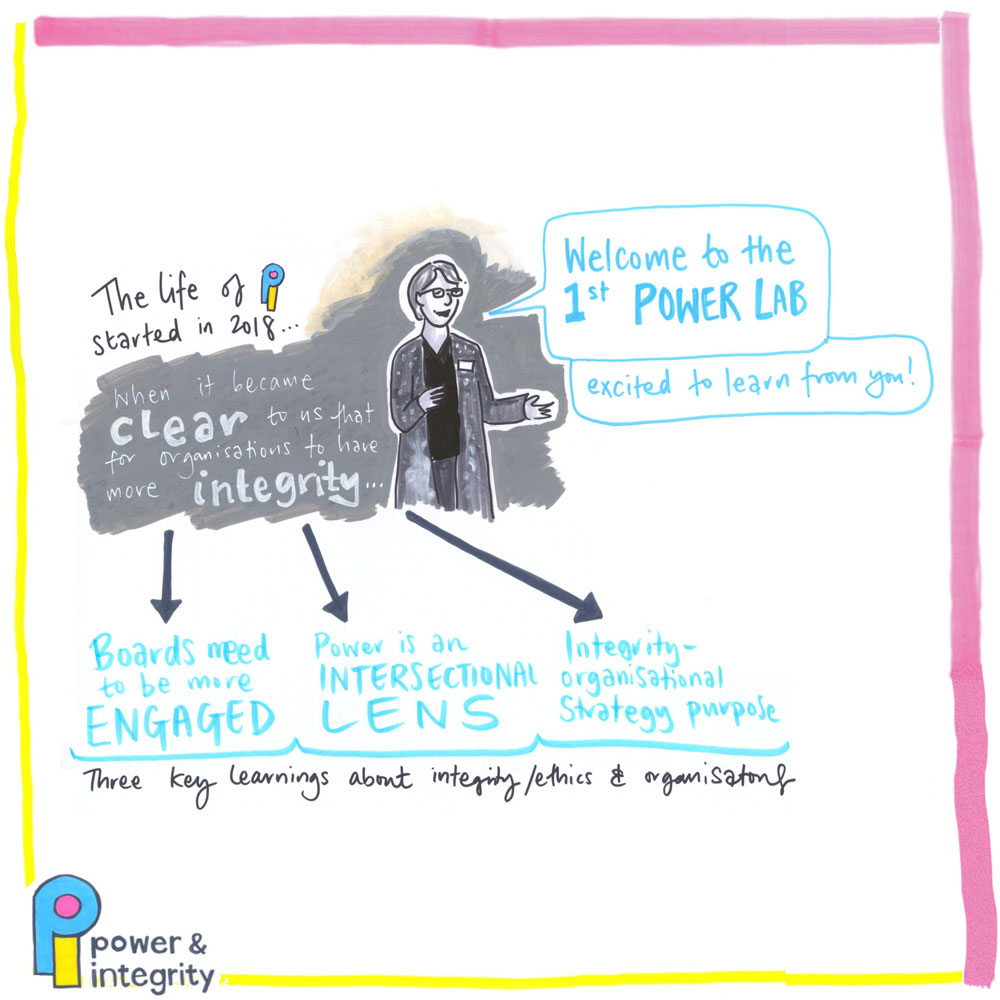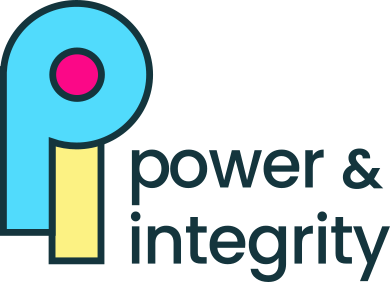Power lab learning
The Power Lab
We held a series of four Power Lab workshops to build an in-depth understanding of the relationship between power and operating with integrity.
Instead of a report, we created this user-led resource to share the learnings, tools and activities.
Power lab overview
Purpose
Even with the best intentions, purpose-led organisations can cause harm, perpetuating the very injustices they seek to address. This paradox, often unrecognised, is a critical area for action.
While steps to reduce risk of harm are increasing, organisations tend to take a siloed approach that hinders the opportunity to see how different forms of harm are interconnected, limiting impact.
We believe a methodology to enable a holistic approach already exists in the sector: power analysis.
We explored this assumption, and the role of boards, executives and the wider sector to enable a holistic and coherent approach to not only minimise harm but achieve real change for a just society.
We held four Power Lab workshops with executives, board members and practitioners from UK organisations from October 2022-March 2023 to:
- create a safe space for participant organisations and us to share experiences and learn with and from each other
- test, develop and refine tools and frameworks
- capture learning to share openly.
How to use this resource
We recommend starting with our key learning page. From there, you can explore the themed labs in which there are options for further detail on activities, tools and findings.
The learning builds from lab to lab, so we recommend viewing them in order and then dipping back for resources as helpful.
Get in touch to provide feedback or learn about upcoming resources [email protected]
The Power Lab journey
The Power Lab consisted of four face-to-face participatory lab workshops, spread over six months so participants had time to test practices in their working environment. We provided reflective practice activities and pre-reads to introduce relevant concepts. Participants also met with a learning partner from the PI team in between each workshop.
Labs 1 and 2 were participatory, but quite structured and propositional in terms of content, methods and shared language. This created the groundwork and meanings we needed to work together. Labs 3 and 4 were designed to be more open and co-creative, relying on the participants’ skills and experience to support each other’s learning.
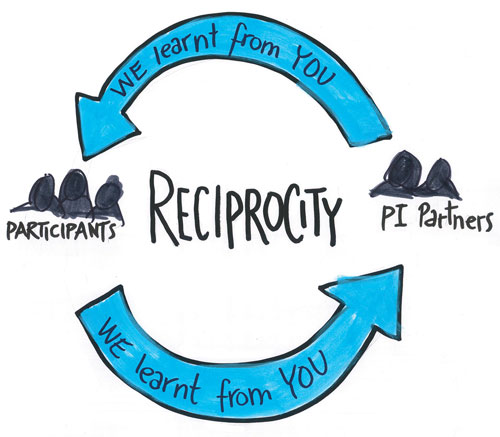
Programme of events
Pre-lab: Participating organisations had an initial virtual meeting with their PI partner. They also completed a survey and reviewed anonymised results from the whole cohort.
LAB 1: Organisational integrity
What is Organisational Integrity?
- Exercise to build on the Organisational Integrity model that evolved throughout the lab
- Exercises to explore common siloes and fragmented approaches to Integrity
- Identifying common risks and opportunities for increased coherence
Post-session: Applying learning and virtual check-in with PI partner.
LAB 2: Understanding power
Understanding power and its relationship with integrity
- Exploring how power operates in a structural and formal way
- Exploring how power works in organisations: impacting mindset, behaviour, and formal ways of working
- Exploring shared root causes for seemingly separate aspects of integrity
- A coherent way forward – transformative power for integrity
Post-session: Applying learning and virtual check-in with PI partner.
LAB 3: Leading with and towards integrity
How power sensitive leadership can enable positive transformation
- Exploring transformational power frameworks using experiential exercises and practical examples.
- Exploring the principles of power sensitive leadership
- Exploring the role of leadership and governance to enable organisations to embody integrity
Post-session: Applying learning and virtual check-in with PI partner.
LAB 4: Towards organisational integrity
Moving forward
- How we can work in a more holistic way within our organsations?
- What is needed to support organisations and the sector to take this forward?
- Critical reflection and lessons learned from workshop.
Post-lab: Participants and the PI team completed a survey to feedback on the lab.
Together, participants and the PI team built a learning process centred on jointly creating a common language as well as an understanding of power and its relationship with integrity. Building on this, we started to develop the evolving tools needed to enable practical action.
the participantS
Selection
We encouraged applications from organisations with – or actively seeking – diversity within their leadership team, as well as being interested in and open to talking about power. To maximise access, the Power Lab was free of charge and openly advertised.
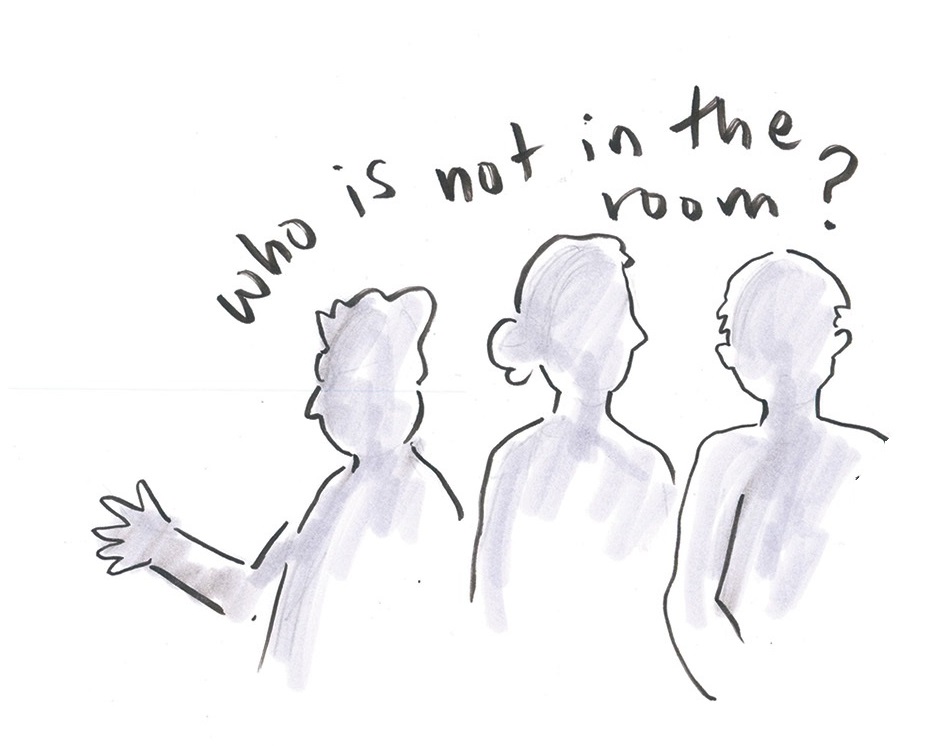
Diversity
The participating organisations were diverse in terms of size, purpose, issues and resources. However, both the PI team and the participants lacked diversity in some areas. We had good representation in terms of gender, sexuality, caring responsibilities, part-time versus full-time contracts, and living with long-term health/disabilities.
Diversity among Power Lab participants was limited by our focus on senior roles, and to some extent by the London location. There were noticeable shortcomings in racial and ethnic diversity. We did not collect information on participants’ class and educational backgrounds.
Although we explained our decision to focus on the role of leadership, participants challenged us on why we had not involved people from the communities they served, asking if excluding them would reinforce power dynamics. We recognise that the Power Lab’s somewhat dominant and homogeneous composition did limit our ability to question ourselves and to create new knowledge outside dominant ways of thinking.
Not surprisingly, with executive and board-level participants recruited to the Power Lab, the lack of diversity was an example of the very integrity issues we are concerned about.
We recognise that the Power Labs’ somewhat dominant and homogeneous composition did limit our ability to question ourselves and to create new knowledge outside dominant ways of thinking.
Funding
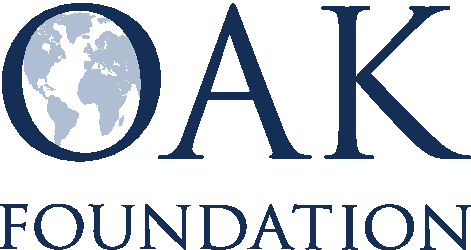
Find out more about the PI initiative
Check out our media channels
We’re starting to explain more about PI at events and via blogs and other media channels. See what’s available on our news page.
Stay updated
If you want to know how our work is progressing, why not join the PI mailing list? We’ll let you know about news, upcoming events and other important information.
Get in touch
Do you want to know more about participating in the PI initiative? Perhaps you have a media enquiry or just a general enquiry about our work? If so, let us know.
As well as matters relating to misconduct, integrity aspects can include a wide range of other concerns about culture, leadership, standards in supply chains or partnerships, investments in markets that undermine the mission, etc.
A member of our team will be yosur dedicated partner for the Power Lab journey. This includes meeting before to the lab sessions, and regular virtual check-ins between sessions and monthly for up to 8 months afterwards.

Power-sensitive
Adapting well-established work by nonprofits on power and inequality, we are exploring how societal power structures underpin negative organisational culture and behaviours such as saviourism, sexism, racism, bullying, and corruption.
Power analysis identifies the for multiple aspects of integrity, essentially providing the lens for the whole-system approach to organisational integrity.
A power-sensitive approach also provides valuable insights into how best to address negative power manifestations and – importantly – how to nurture positive power.
Whole-system
We are exploring how organisations can embody integrity. We mean this in both senses of the word: honest, responsible, accountable, and principled; and whole and unbroken.
Organisational integrity requires a holistic and strategic mindset, combined with integrity practice at individual, organisational and sector levels.
Using a whole-system approach, we will support organisations to integrate integrity practice that strengthens oversight, strategy, risk management and operations. This will help them be more proactive, more efficient, and much less likely to cause harm.

Synergy-led
Integrating power-sensitive integrity practice requires continuous learning and diverse perspectives to shape a shared understanding. So we will help build an enabling environment with the nonprofit sector to work collectively on power and integrity.
We will also work to increase coherence between donor requirements around integrity and contribute to wider sector-level work on legitimacy, decolonisation and power.
By learning collectively and reducing duplication, the sector can establish a strong foundation from which organisations can strengthen their integrity practice and, ultimately, their impact.

